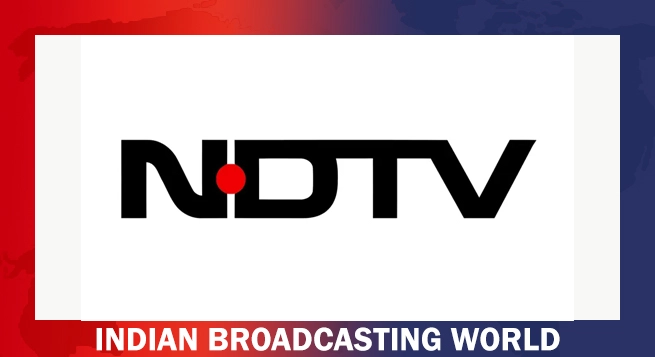A letter, simultaneously submitted to TRAI and Ministry of Information & Broadcasting by over 500 local cable operators, has highlighted the plight of the cable TV distribution sector, while alleging that ‘unjust’ regulations will further hit the financially-beleaguered LCOs.
The missive to the government and the broadcast regulator also takes a broad swipe at the unregulated streaming services and the public broadcaster Doordartshan’s free-to-air DTH platform, DD FreeDish.
“The cable TV industry was never a sick industry, but due to unfair competition, due to unjust regulations, and because of wicked interest of broadcasters, it has been forced to die. We are not against technological developments, but we are weakened due to unfair and partial government policies,” stated the letter.
The letter has been sent to Minister of Information & Broadcasting Anurag Thakur and senior officials at his Ministry, apart from broadcast regulator TRAI’s chairman PD Vaghela and his colleagues.
“The LCOs have lost nearly 10,000 to 15,000 customers each in the last three years due to this increase in price (of TV channels by broadcasters), and also due to becoming uncompetitive with the (rise of) OTT applications and FreeDish. The overall number of LCOs has also reduced significantly in these last 3-4 years from 12 lakhs (12,00,000) to nearly 7 lakhs (700,000) now, wherein many of our peers have migrated to other businesses.
“Not only this, we have also reduced our employees, which were part of our family and have rendered them jobless. The people we employ are not from a higher educational background, they are simple graduates and many of them are only educated till higher secondary. The plight of these people is that they cannot get respectful jobs easily and many of them (have) become jobless or become vegetable vendors or hawkers. We want to bring this harsh reality before you, as this is the true picture of a dying industry,” the letter makes a fervent plea to policy-makers.
Sources in the LCO business segment highlighted that after implementation of NTO 3.0, a burden of minimum Rs.5,256 crore could be imposed on consumers due to hike in TV channels’ subscription rates.
Meanwhile, the letter from LCOs goes on to point out that with the recent amendments implemented by regulator TRAI in November 2022 in its tariff rules, broadcasters have “increased the prices by 30-40 percent”, forcing the LCOs too to hike the end prices for consumers.
“With our experience with the consumer on (the) ground, we are well aware that many of the consumers will switch off their cable TVs owing to this significant price rise. We would like to highlight that the consumers we serve are not the highly educated professionals who are earning a lot,” the letter says, pointing out that because of limited financial resources, a majority of consumers will be forced to cut down their spend on entertainment in favour of more basic needs.
“Does a middle-class family, which is earning 15,000 Rs per month, not have the right to watch television content like ‘Kaun Banega Crorepati’ or other informative & entertaining content, which is helpful to (their) children?
“How will an old age couple use the OTT applications, wherein they do not have money to afford broadband? Do they not have the right to watch the good content? ” the letter states, raising some pertinent questions.
The letter further states: “FreeDish is also a medium of providing channels. However as it (is) neither encrypted, nor regulated by TRAI, it has… hit our subscriber base in rural areas of India. Due to non-encrypted technology, the same is also misused by few technicians, wherein they are enabling all the channels to FreeDish customer(s) through piracy. As the same (is) not regulated nor monitored by any agency, piracy is prevailing in most of the FreeDish boxes.”
The LCOs have put forward some demands through the letter, which include the following:
# Reduce the channel prices, so that the monthly price of the customers can be lowered and LCOs are able to hold their subscriber loss.
# Create a mechanism to regulate OTT and FreeDish before implementation of any amendments in NTO 3.0 of November 2022.
# Stop linear content from being shared on OTT applications.
# Ask broadcasters to bring more informative content on linear TV.
# Reduce disparity of channel pricing between OTT platforms and linear channels.
# Reduce disparity of content in OTT and linear TV channels.
# Postpone implementation of NTO 3.0 regulations for the industry till a regulatory level playing field is achieved involving FreeDish OTT and linear TV.
 S.N. Sharma appointed President of AIDCF
S.N. Sharma appointed President of AIDCF 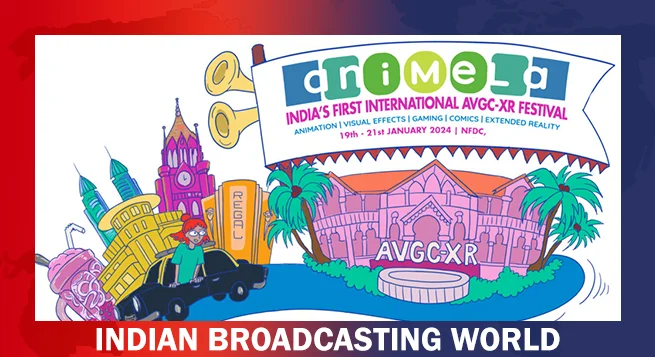 AniMela partners AMS for India’s global AVGC XR fest
AniMela partners AMS for India’s global AVGC XR fest 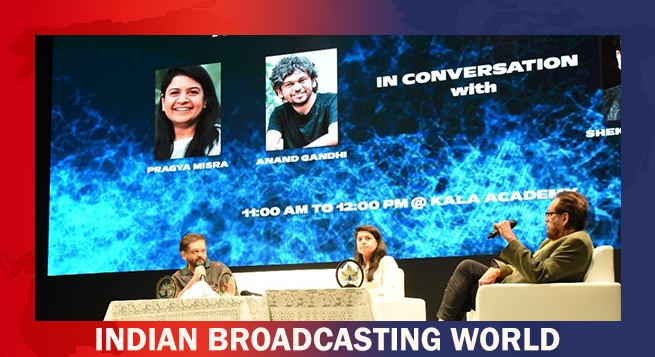 Filmmaker Shekhar Kapur feels AI ‘yet to match human imagination’
Filmmaker Shekhar Kapur feels AI ‘yet to match human imagination’ 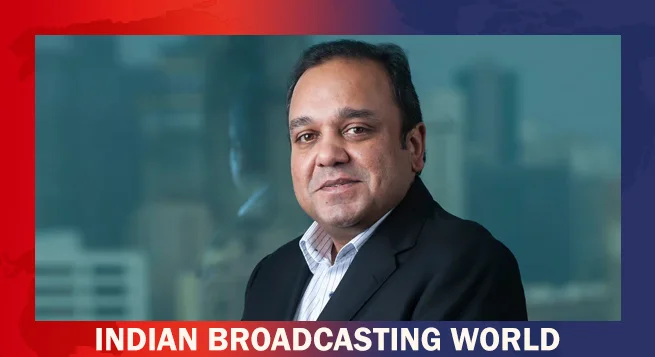 Punit Goenka makes himself unavailable for Zee MD post ahead of AGM
Punit Goenka makes himself unavailable for Zee MD post ahead of AGM 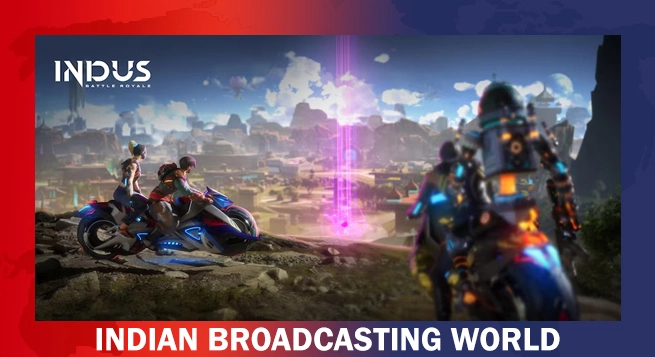 SuperGaming’s Indus Battle Royale hits 5 mn downloads
SuperGaming’s Indus Battle Royale hits 5 mn downloads 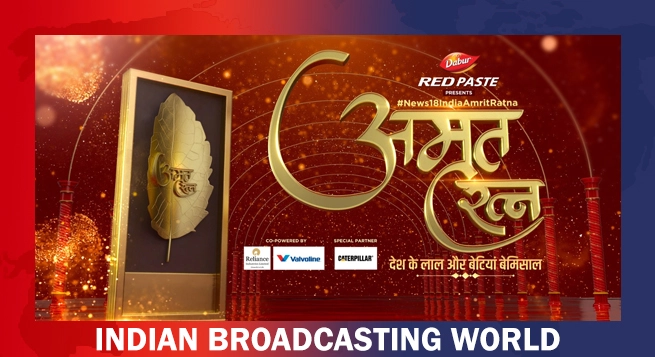 News18 India announces Amrit Ratna 2024
News18 India announces Amrit Ratna 2024 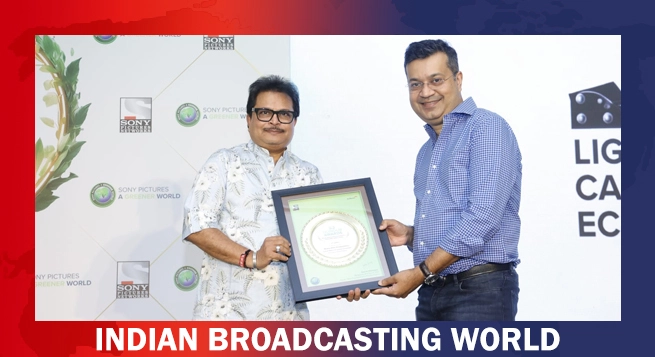 Asit Kumarr Modi, Neela Film Productions honoured at Sony S3 Honour Awards
Asit Kumarr Modi, Neela Film Productions honoured at Sony S3 Honour Awards 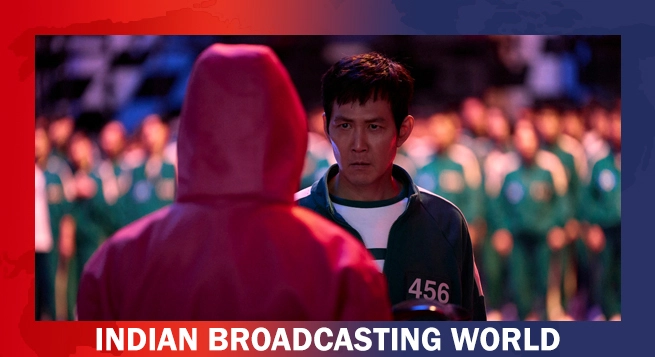 Netflix releases ‘Squid Game’ S2 trailer
Netflix releases ‘Squid Game’ S2 trailer 



